Developing a Consciousness for Marine Conservation
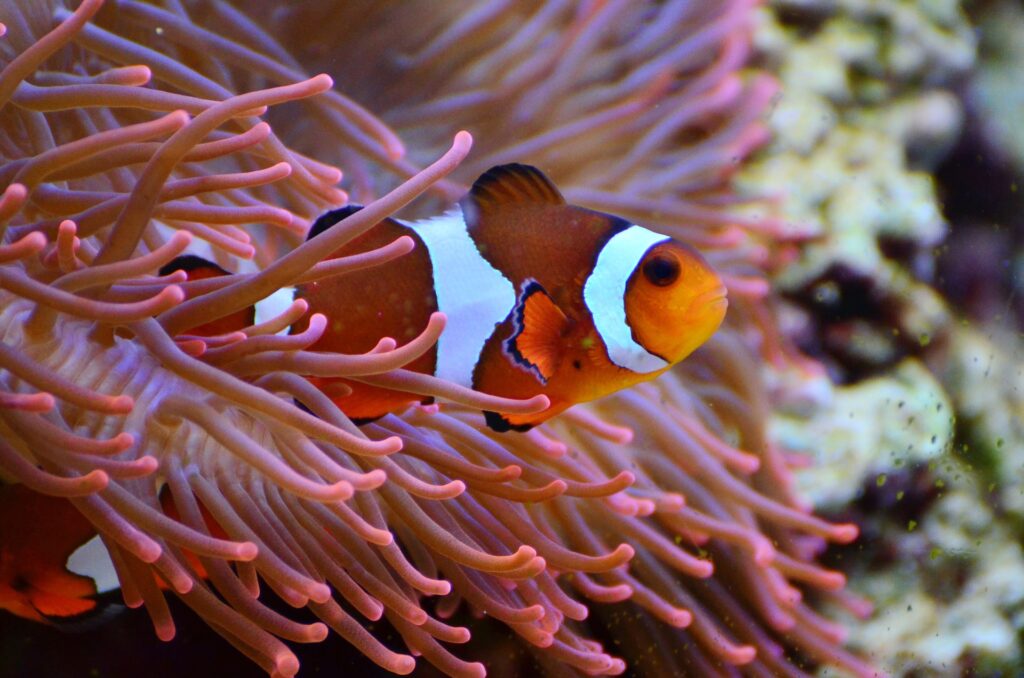
If you were to hear that by 2050 there will be more plastic in our oceans (by weight) than there will be fish, would you be alarmed? I definitely was alarmed when I read white paper about the plastic economy projected by the Ellen MacArthur Foundation.
I mean…think about it…water is our life source and the human body is mostly made up of water (about 60%). So why haven’t we been better stewards of this precious commodity—frankly, of all of the life giving commodities that sustain us?
I might argue that we’ve taken many of our natural gifts (blessings) for granted but now we are way past the 11th hour. It’s time for us to wake up. We must develop a greater consciousness for our natural resources starting with our vital marines because we are losing them. Then we must act to protect and conserve our marines and that action starts with understanding the problem better and then working on solutions with any of the organizations below.
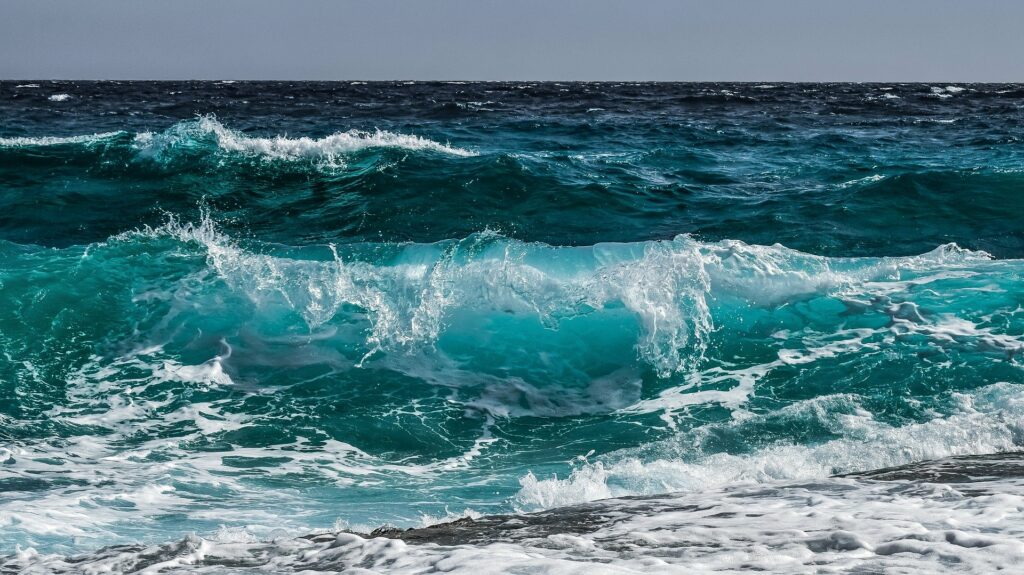
Marine Conservation Is Mission Critical
Covering more than 70 percent of the world, oceans are responsible for hosting 50 to 80 percent of all life on Earth while containing 97 percent of the planet’s water resources. Due to the innumerable size of the oceans and their magnitude of importance for supporting a variety of marine species, they often attract vast amounts of pollution and threats against wildlife.
As global warming, rising sea levels, sewage runoff, toxic waste and the prevalence of CO2 in the atmosphere increases, more and more ocean habitats are being impacted. Over 400 ocean dead zones have been reported across the globe (the largest being the Arabian Sea), all almost directly related to air and land pollutants that make their way into water. Coral bleaching and disease is rampant – almost 97 percent being a consequence of human activity.
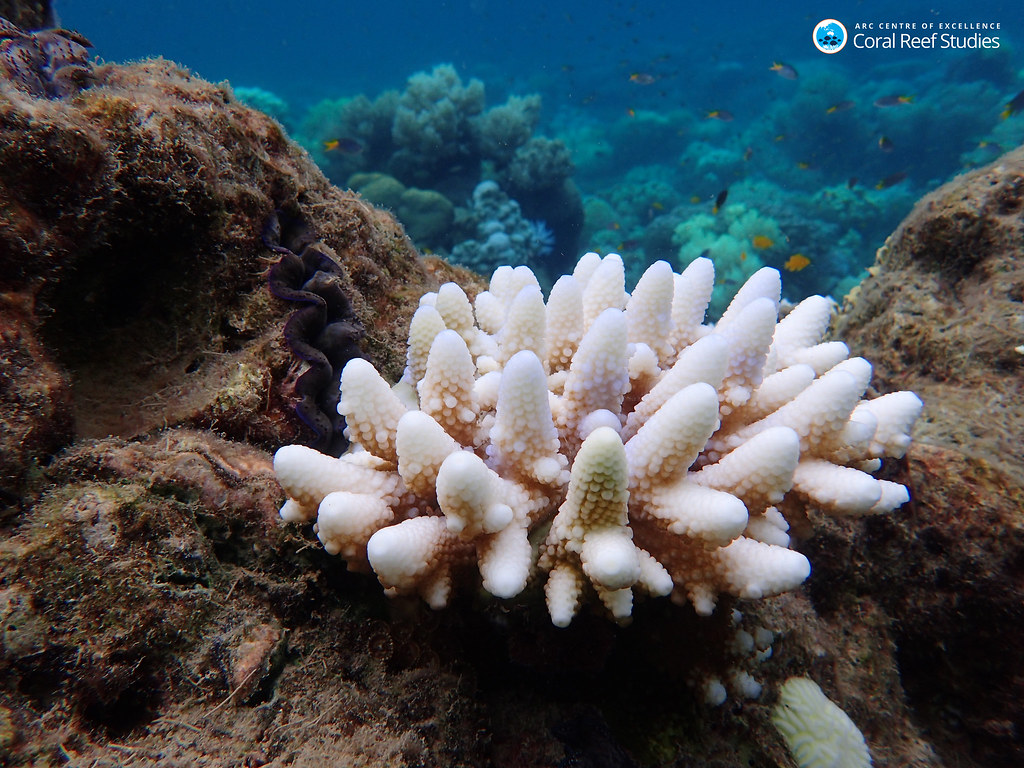
The high demand for seafood products is also taking a toll on the ocean’s reserve of wildlife. According to the United Nations Food and Agriculture Organization, 53 percent of the world’s fisheries are fished to the maximum sustainable level, while 32 percent are overfished, depleted or recovering from overexploitation.
The vitality of ecosystems is threatened each day by pollutants and human activity. If hazardous materials and actions continue to develop in the world’s oceans at today’s rate, it is estimated that by 2030 over 90 percent of all coastal zones will be developed, leaving little to no safe haven for marine species. In order to combat the rise of threats against the ocean and its species, marine conservation initiatives are critical. Aimed at restoring ecosystems and species while decreasing the amount of toxins, ocean conservation efforts have the ability to significantly combat habitat destruction, pollution and the effect of human activity on marine life.
Marine Protected Areas: What Are They?
Marine protected areas are places in and around the ocean in which human activity is severely limited or restricted in order to preserve an unstable ecosystem, certain marine species and the natural environment. Like protected areas on land, marine protected areas can be governed by local, state, federal or regional regulations. These areas may present limitations on fishing, water and land activity, visitation, waste dumping and civil development.
Often permits are required in order to enter or conduct scientific research in said protected areas.
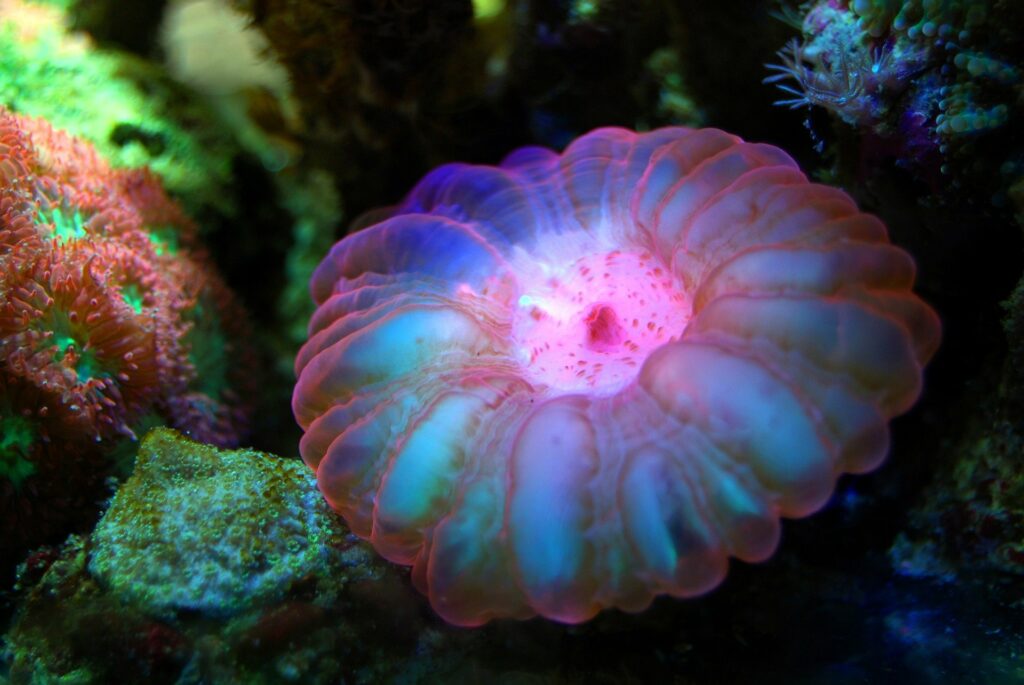
For more information about marine sanctuaries in the United States, check out the National Oceanic and Atmospheric Administration’s (NOAA) National Marine Sanctuary System list.
There are over 5,000 marine protected areas worldwide, though not all present the same limitations and restrictions as others. To learn more about these global conservation sites, visit National Geographic’s interactive map of marine protected areas:.
How You Can Make An Impact
- Invest in reusable bags and water bottles. Every year, thousands of marine animals die after they digest or become trapped in plastic debris that makes its way into our oceans. By using canvas/cloth tote bags and reusable water bottles, you can significantly reduce the risk of marine animal death from plastic.
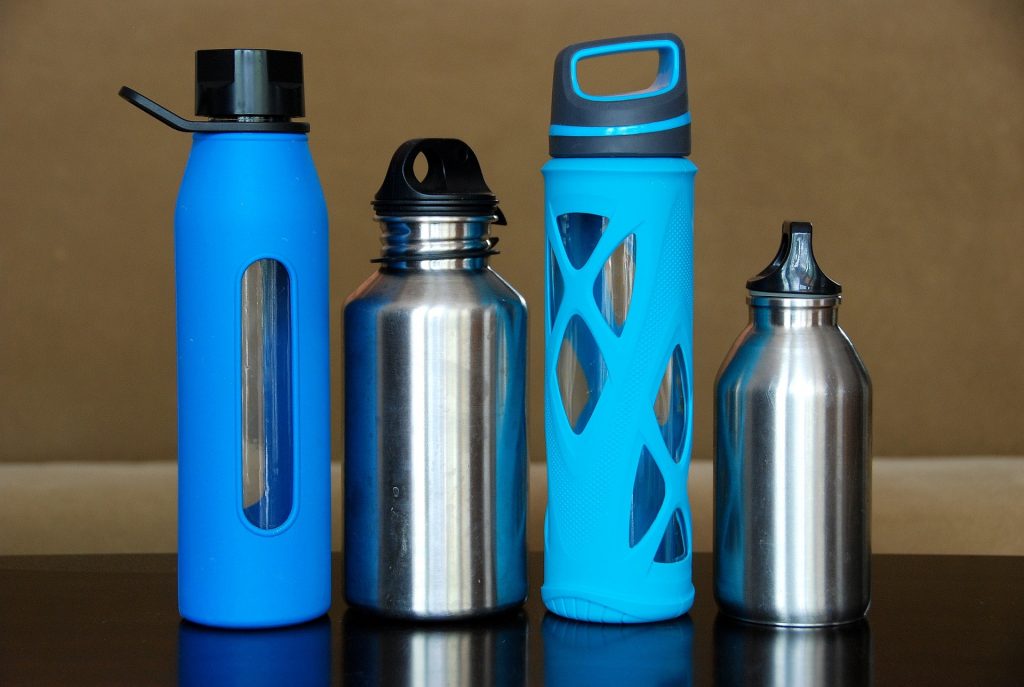
- Pick up trash near marine areas. If you spot trash on the beach or in shallow ocean an effort to pick up what you can. Try participating in or organizing a marine/ocean clean-up day in your community.
- Reduce your CO2 footprint. Carbon dioxide is a pollutant that not only affects the air quality, but the quality of the ocean. When the chemical compound leeches into marine habitats it can make ocean water more acidic, thereby impacting pH levels and throwing ecosystems off balance.
- Do not release balloons. It may be a pretty sight to see dozens of balloons floating into the sky but eventually they will burst, becoming an instant pollutant to the seas and a danger to wildlife.

- Stay away from fertilizer. Run-off from fertilizer eventually makes its way into waterways and oceans, contributing to ocean “dead zones” which have extremely low amounts of oxygen in the water, making it almost impossible for life to survive. Instead of fertilizer, create a compost pile and use it to enrich your lawn and plants.
- Contact your government representative. Ask about his/her stance on ocean and marine policies in order to make an informed decision when voting. Research how a politician’s administration manages conservation tactics.
- Make informed decisions when on vacation. If you engage in activities like boating, fishing, snorkeling or scuba diving on location, pay attention to the rules and regulations associated with what you’re doing. Avoid disrupting marine life, especially coral, while underwater and if you catch something that is illegal while fishing, throw it back. When boating, go slow in “no wake” zones.
- Don’t interfere with marine wildlife. Picking up a baby sea turtle on the beach may seem like great photo op, but you could contaminate it in the process and disrupt its migration to the sea. It’s better to leave marine-area wildlife alone so that your actions don’t jeopardize their health or chance for survival.
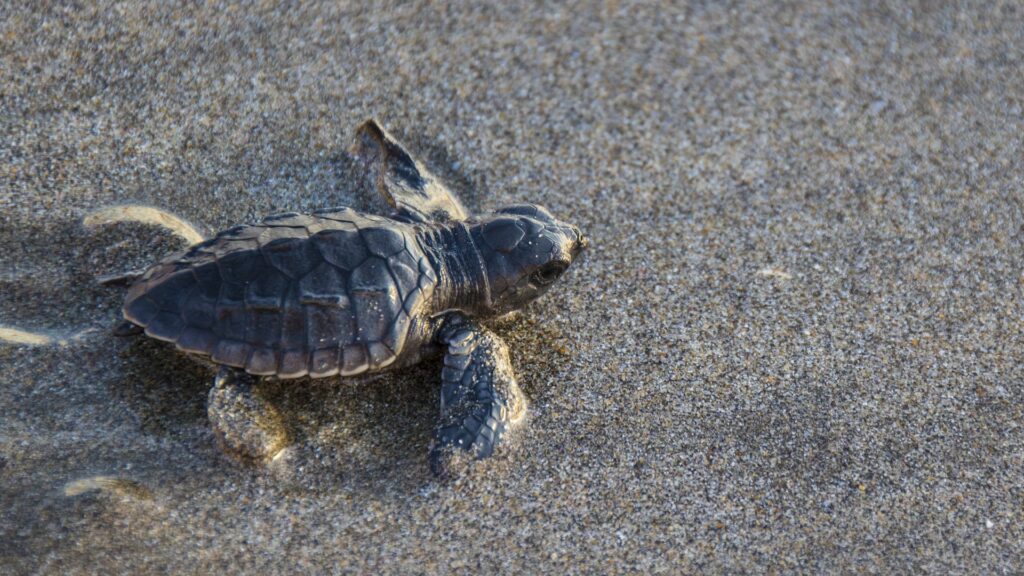
- Eat responsibly. Avoid seafood products that are overfished, farmed or contain high levels of mercury. Monterey Bay Aquarium’s Seafood Watch program has downloadable pocket dining guides, recommendations and a smart phone app to help you decide which marine life is a better choice to consume.
- Purchase ocean-friendly products. Goods produced through unsustainable or environmentally hazardous methods can debilitate ocean resources and contribute to the destruction of marine life and precious ecosystems. Online shopping destinations, such as Earth Hero, carry thousands of eco-friendly commodities, from gifts to daily-use products.
- Donate to your favorite nonprofit organization. Making a tax-deductible donation will help provide essential materials and infrastructure support in order for nonprofits to conduct research, initiate conservation programs and promote awareness of marine issues.
Marine Conservation Organizations
Get involved with these marine conservation organizations to view their work and learn more about how you can make a positive difference in ocean and marine life preservation. Some offer volunteer opportunities and on-location education and training initiatives.
- The Marine Bio Conservation Society is a registered U.S. 501(c) 3 charitable, nonprofit organization. Their mission is to educate the world and raise awareness about marine conservation, marine biology and ocean life while offering feasible conservation solutions. They provide forums for discussion on these issues as well as research tools for marine topics.
- The Marine Conservation Society is a charity that focuses on the protection of the seas and marine wildlife in and around the United Kingdom. They help influence government policy and provide sustainable ocean options to retailers and consumers.
- The Marine Conservation Science Institute is a U.S. 501(c) 3 nonprofit organization involved in research projects that aim to protect and conserve marine resources. Through research methods, they strive to make an impact on how people worldwide can view and manage marine resources.
- The Ocean Conservation Society conducts research and carries out educational projects designed to protect the oceans and marine life. They feature an “AdoptA-Dolphin” program that gives the public a chance to make a donation towards bottlenose dolphin research and conservation efforts, which includes data tracking information on the specific dolphin that was adopted from your contribution.
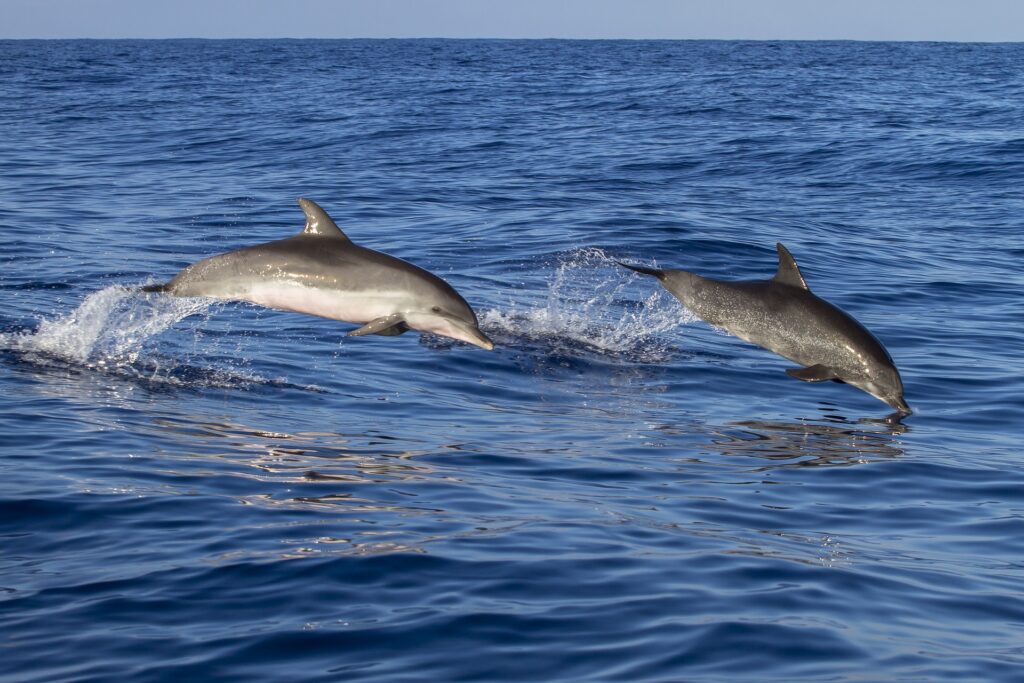
- The Oceanic Society provides information about marine conservation efforts in order to form a bond and deepen the connection between humans and the natural world. They focus on community engagement and research while offering guided research and history expeditions with biologists to the public.
- The Ocean Conservancy acts as a voice for the ocean and advocates for innovative, scientific research methods to help ensure the health and preservation of marine natural resources. The nonprofit organization also contributes to the formulation of ocean policy at the state and federal level.
- The Marine Conservation Institute is a nonprofit organization which researches, identifies and protects critical marine ecosystems worldwide. Recognizing key threats to marine life, advocating for the protection of these habitats and raising the plight of maintaining healthy oceans is just some of the work they do.
- The Oceans Foundation is the only community foundation for the ocean that’s dedicated to reversing the trend of destruction of ocean environments around the world. Their mission is to support, strengthen, and promote those organizations dedicated to reversing the trend of destruction of ocean environments around the world.
If you have any additional resources please share them in the comments below. Let’s band together for this mission critical work of conserving our marines and protecting marine life.
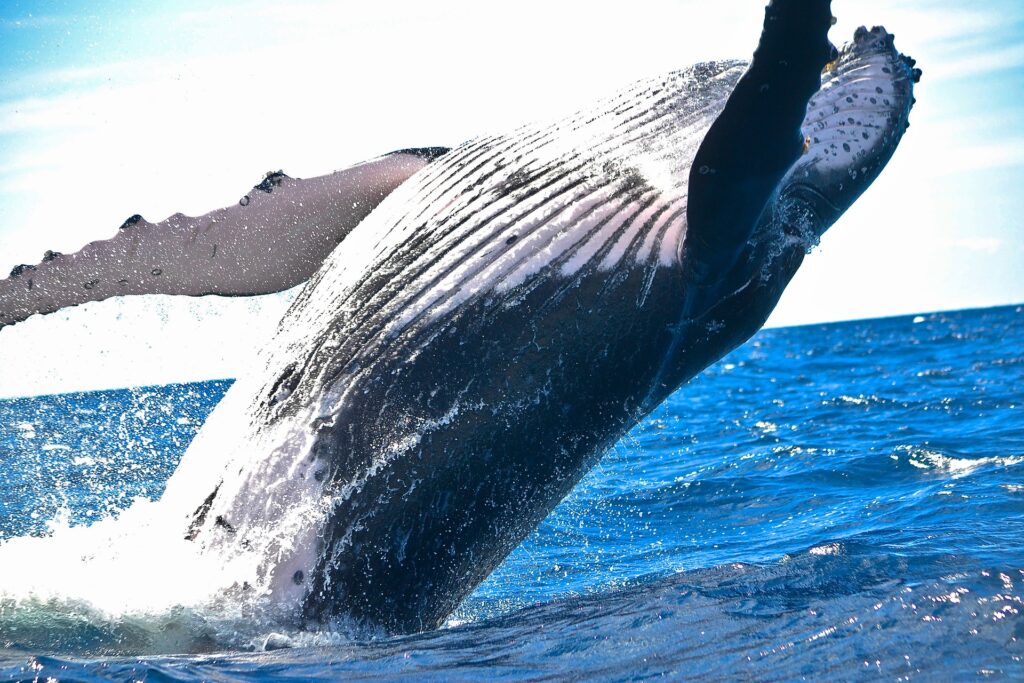
Marine Conservation
Book Accommodations To ANY Destination
Search, compare and book hotel accommodations at the best prices that are compiled from various booking sites like Booking.com, Hotels.com and more.


Tonya Fitzpatrick, Esq. is co-Founder of World Footprints, a social impact travel storytelling content hub she runs with her husband, Ian, that has been recognized as Best Social Impact Travel Media Company by CEO Monthly. She is an award-winning travel and business journalist, global public speaker, and 3-time TEDx speaker. Tonya regularly shares her insights on career transitions, DEIA in travel and the transformative power of travel to audiences all over the world. Recognized as Black Travel Journalists of the Year—an honor she shares with Ian, Tonya contributes her time and leadership to several boards and commissions in the travel community including SATW, The Explorers Club (DC), North American Travel Journalists Association (NATJA) and JourneyWoman. Tonya has been appointed to the Maryland Tourism Development Board by Gov. Wes Moore.